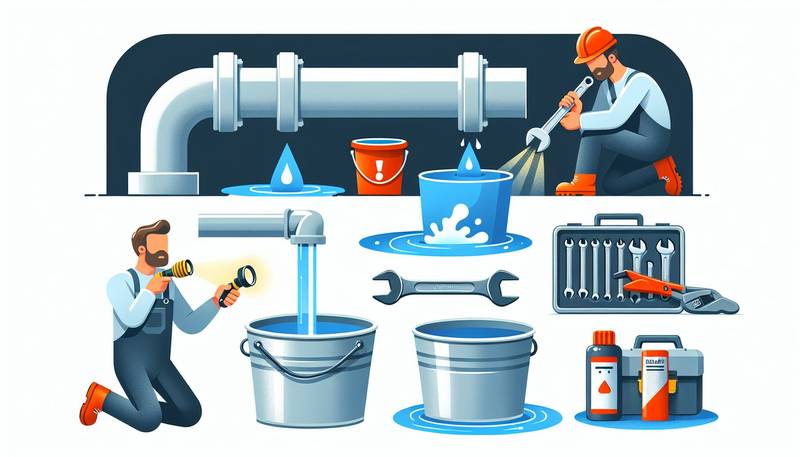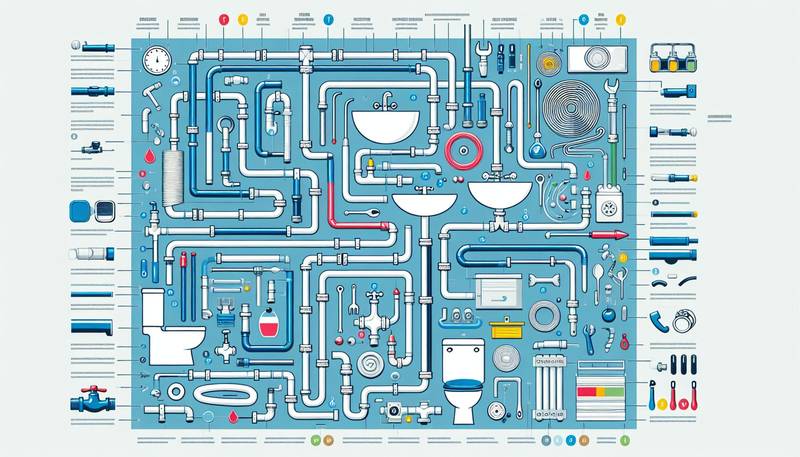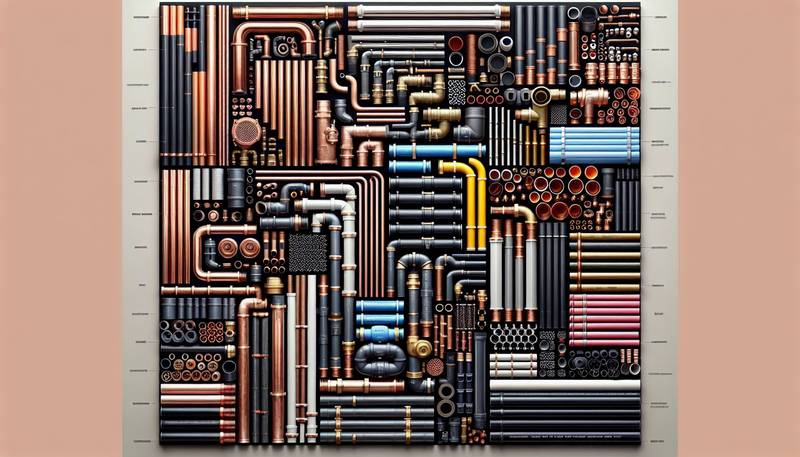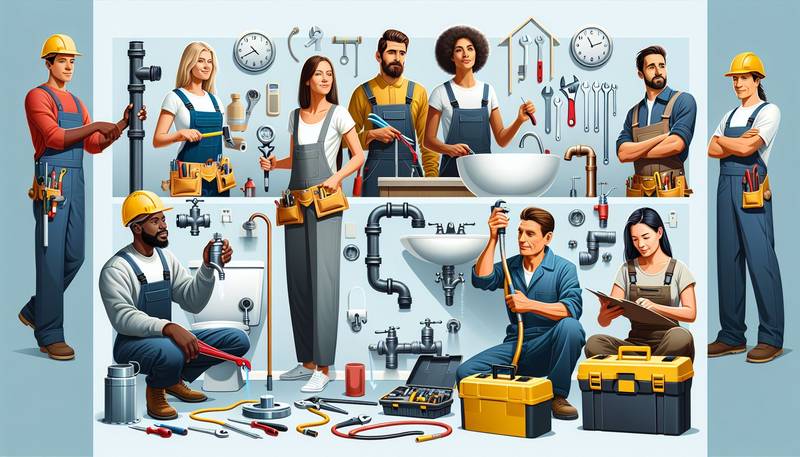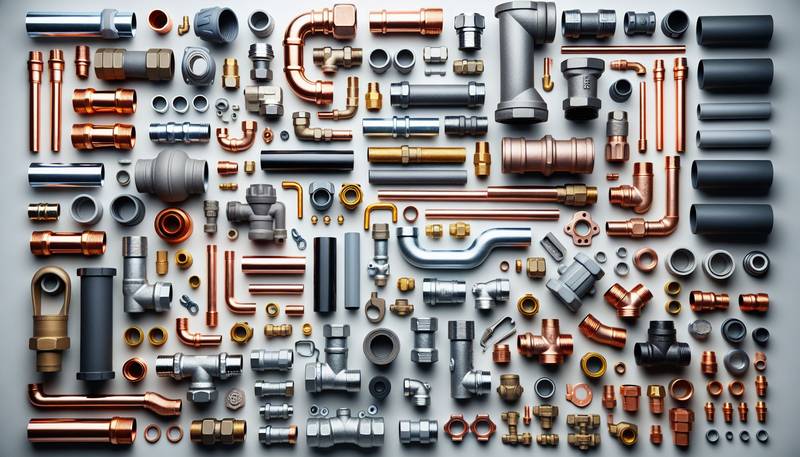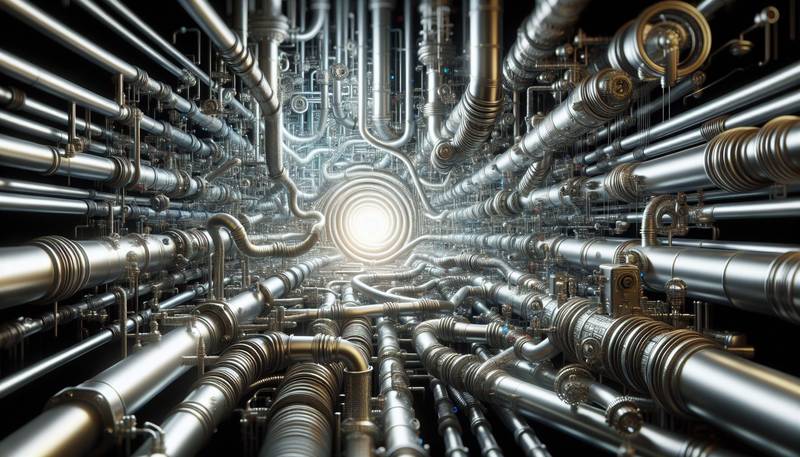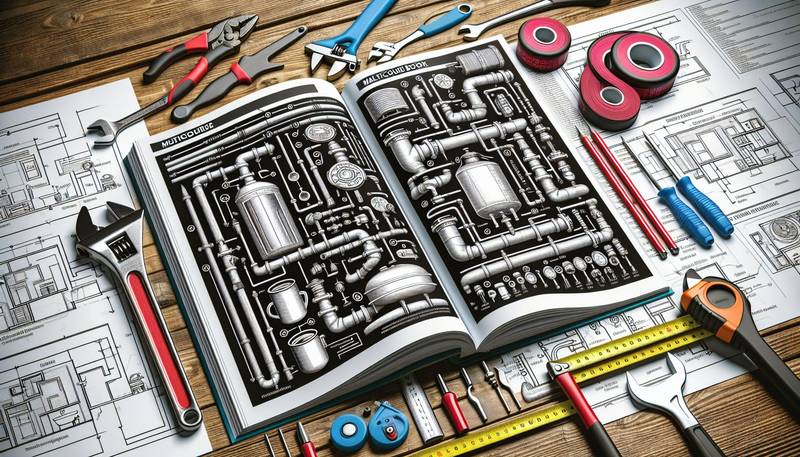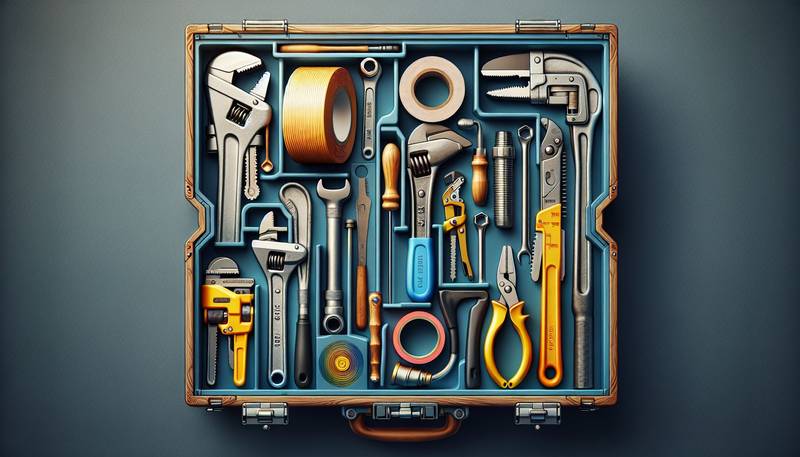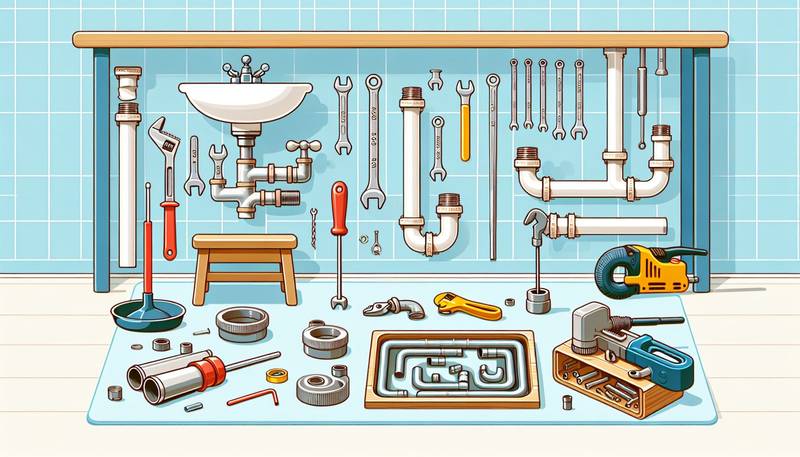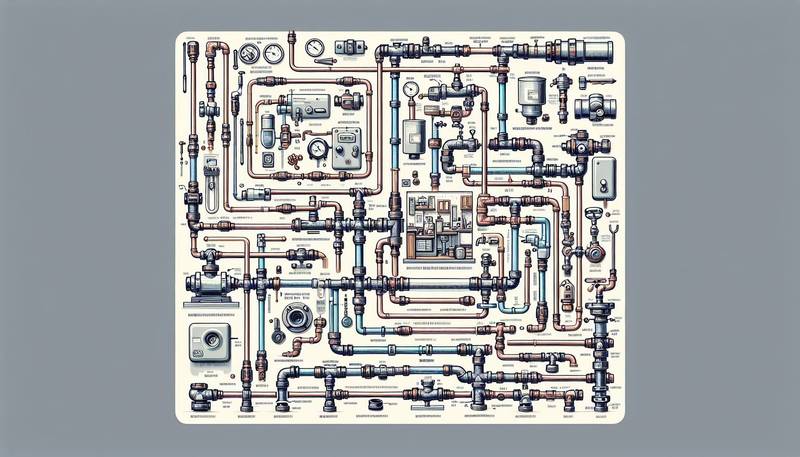Leak Detection: How to Find and Fix Leaks Before They Cause Damage
It is essential to identify and fix leaks as soon as possible to prevent further damage. In this article, we will discuss some tips on how to detect leaks and fix them before they cause any harm.
Identifying the Signs of a Leak
One of the first steps in leak detection is being able to identify the signs of a leak. Some common indications that you may have a leak include:
- Unexplained increases in your water bill
- Damp or wet patches on walls, floors, or ceilings
- The sound of running water when no taps are turned on
- Mold or mildew growth
- Musty odors
- Decreased water pressure
If you notice any of these signs, it is crucial to investigate further to determine if there is a leak present.
Checking for Leaks
Once you have identified the signs of a potential leak, the next step is to check for the source of the leak. Here are some methods you can use to search for leaks:
- Check all visible pipes and connections for signs of corrosion, rust, or moisture.
- Monitor your water meter for any unusual fluctuations when no water is being used.
- Conduct a dye test by adding food coloring to your toilet tank to see if there is a leak in the toilet.
- Inspect your faucets, showers, and toilets for any drips or leaks.
- Look for wet spots or water stains on walls, ceilings, and floors.
Fixing Leaks
Once you have located the source of the leak, it is crucial to act quickly to fix it before it causes further damage. Depending on the severity and location of the leak, you may need to contact a professional plumber to assist with repairs. However, there are some minor leaks that you may be able to fix yourself. Here are some common methods for fixing leaks:
- Tighten loose connections with a wrench or pliers.
- Replace worn-out washers or O-rings in faucets.
- Seal leaking pipes with plumber's tape or epoxy.
It is important to remember that if you are unsure about how to fix a leak or if it is a major issue, it is best to seek professional help to prevent any mistakes that could lead to more damage.
Preventing Future Leaks
After you have fixed the leak, it is essential to take preventative measures to avoid future leaks from occurring. Here are some tips to help prevent leaks in the future:
- Insulate pipes to prevent freezing and bursting.
- Regularly inspect and maintain your plumbing system.
- Monitor water usage and be aware of any sudden spikes.
- Install leak detection devices or smart water sensors to alert you to any leaks.
- Keep gutters and downspouts clean and free of debris to prevent water damage.
By following these preventive measures, you can reduce the risk of future leaks and potentially save yourself from costly repairs in the future.
In conclusion, detecting and fixing leaks early on is crucial to prevent further damage to your property. By being proactive in identifying signs of leaks, checking for leaks, and taking prompt action to fix them, you can avoid potential disasters and costly repairs down the line. Remember to stay vigilant and regularly inspect your plumbing system to ensure that it remains leak-free.
